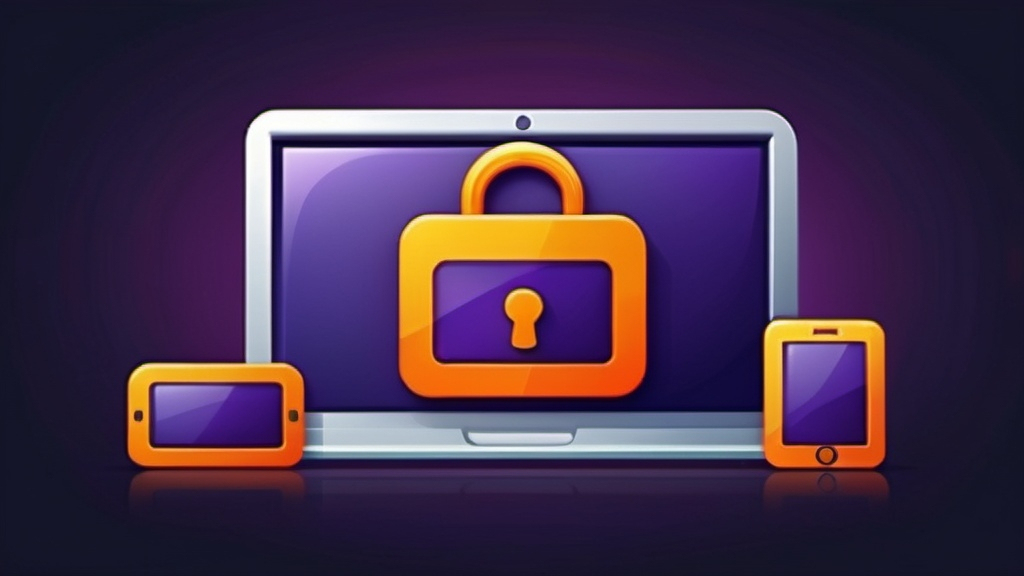What is End-to-End Encryption?
End-to-End Encryption (E2EE) is a type of encryption that fully encrypts data from the moment it is sent until it is received, protecting it throughout the process. In other words, only the sender and the recipient can access the contents of the data, and no third party can read it. This type of encryption is especially used in messaging applications and email services. However, many services do not use End-to-End encryption, meaning that information is decrypted before it reaches its destination.
The term “End-to-End Encryption” originally meant that the communication is never decrypted during its transfer from sender to receiver. For example, in 2003, this system was defined for a radio standard. Around 2014, when WhatsApp encrypted part of its network, the meaning of “End-to-End Encryption” began to evolve, necessitating that not only is the communication encrypted during transfer, but also that the service provider cannot decrypt the communications or access the private key.
- How End-to-End Encryption Works in VPNs
While VPNs typically encrypt data during transmission between the user and their server, E2EE specifically focuses on data transferred between two points (the sender and the receiver). Below are the steps involved in how E2EE works in a VPN:
1. Key Generation: When connecting to a VPN, a unique encryption key is generated for the session.
2. Data Encryption: Data is encrypted before being sent to the VPN server.
3. Data Transmission: The encrypted data is sent to the VPN server.
4. Decryption and Forwarding: The VPN server decrypts the data and forwards it to the final destination.
5. Re-encryption: The data is re-encrypted at the final destination so that only the recipient can read it.
- Benefits of End-to-End Encryption in VPNs
1. Privacy Protection: E2EE ensures that only the sender and recipient have access to the content of the message, with no third party able to access it.
2. Prevention of Surveillance: By using E2EE in a VPN, even Internet Service Providers (ISPs) cannot view the content of the data.
3. Enhanced Security: If a VPN server is hacked, user information remains protected because hackers will only have access to encrypted data.
- Challenges and Limitations
Despite the numerous benefits of E2EE, there are also some challenges:
Complexity: Implementing E2EE can be complex and may require stronger infrastructure.
Speed: Encryption and decryption processes may lead to reduced connection speeds.
Legal Issues: Some countries have restricted the use of E2EE, which may affect user access.
- Conclusion
Both End-to-End Encryption and VPNs are important tools for ensuring online security and privacy. By combining these two technologies, users can achieve greater security in the digital world. End-to-End encryption protects users’ messages from internet service providers, telecommunications companies, messaging services, and more.

